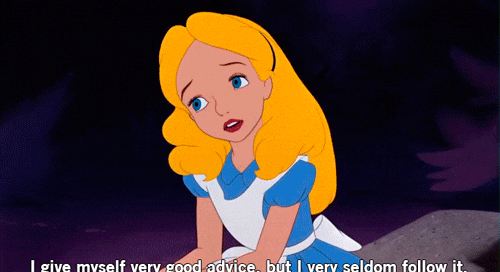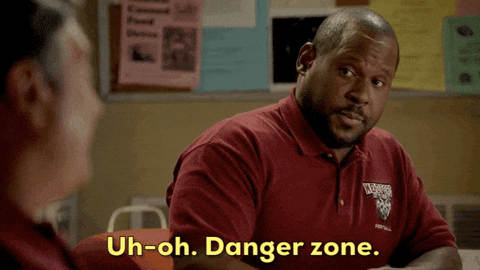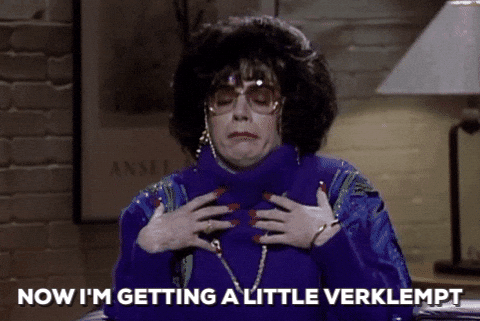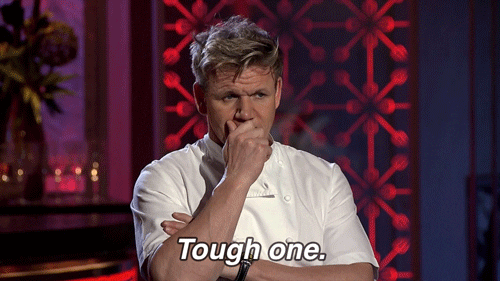"Circe" Read-Along: Chapters 15 - 20
TL;DR: Okay, it was hard to stop reading this time...
Hey there, read-along buddies!
More than halfway there, and honestly, it was hard for me to stop at Chapter 21 this time. I didn’t want to read ahead for fear of accidentally spoiling anything, but I was really getting into this book!
Before I share my thoughts on this section, a few notes about the previous one…
What You Said
My friend Mary offered some helpful links to get some perspective on the geography of Circe’s world. I confess—I didn’t really think much about the specifics, instead relying on my rudimentary knowledge of the Mediterranean and the one all-to-brief vacation I had in that part of the world many years ago.
For those of you who might want some insight into the travel of these characters, here are some links Mary sent me, along with her notes about the routes people would have sailed:
Circe's island Aeaea is close to Rome.
The Strait of Scylla is thought to be the Strait of Messina between the island of Sicily and Calabria, Italy.
When Aeetes followed Medea and Jason, he would have left from Colchis, which is modern day Georgia.
He could travel west through the Black Sea and south through the Aegean Sea to Crete.
I am grateful to Mary for sharing these, because it didn’t even occur to me to look them up!
My friend Jane commented, “I love the way she can feel the plant’s purpose, and her willingness to make endless mistakes in the effort to hone her craft. I think both are traits I need to work on, listening to my intuition and releasing the fear of failure.” I love this. We have to be willing to make endless mistakes in the pursuit of excellence, and our fear of failure can hamper those efforts.
Easier said than done, right?
I enjoyed interacting with Richard Parry (Roll for Narrative) on my note about this section. Even though he’s not reading the book with us, his insights about art vs. craft were really helpful to me in shaping this week’s regular post. In particular, I liked his point about time: “This question may come more from having the time to be an artist and a craftsperson; I think we’d all love to put curlicues on our letters if only we weren’t being waterboarded to release things sooner, faster, and immediately.” There is something really intriguing in that thought. Very few of us have the luxury of devoting our entire lives to putting metaphorical curlicues on our letters.
My General Notes
I’m not gonna lie—this section really hit me right in the feels.
It wasn’t Circe’s relationship with Odysseus, though I enjoyed reading that. Odysseus gave Circe back to herself, or maybe she found herself again through him—I’m not sure. I just felt like she healed from the many centuries of abuse she’d suffered while he was with her, though I can never entirely forgive adultery, even from a fictional character.
The part that really hit me hard was Circe as mother to Telegonus. It hit all of my mothering insecurities, inadequacies, mistakes, pains, and didn’t really let go of them. I confess that I got a little verklempt more than once. “I know what I was in those days: unsteady, inconstant, a badly made bow. Every fault in me his raising laid bare. Every selfishness, every weakness,” Circe says.
Damn, Madeline Miller. Just reach right into my soul and touch the third rails I usually keep hidden behind yellow caution lines.
And then when Circe finally lets Telegonus go in his little boat? I think my heart sailed away with him.
The journey from girl to woman to wife is one thing. There are innumerable events that leave marks on us—little scars and large ones, things that make us into someone another person can (mostly) live with.
But the journey of motherhood is something completely different. It’s a process of unmaking us, first, of teaching us that no matter how prepared we think we are, there are things we don’t know, and even when we think we have it figured out, another baby comes along who needs different things. And in an attempt to manage all those unique needs, you spend a lot of time doing damage control and responding on the fly, and most of the time you make mistakes you don’t even know about until an angry teen throws them in your face. And then outside forces act to disrupt even the unsteady and tentative truce you’ve made with the little barbarians, and you try to shield them, because they carry your entire spirit around in their frail little bodies, even though they think they’re invincible. So you hang on and nudge, hang on and nudge, until one day, they sail away and start something new and potentially dangerous, but you know you can’t keep them with you, because they’re supposed to go out into the world…
Being a mother is having your heart repeatedly broken and spilled out and then remade, healed, and filled so it can all be done again.
*deep breath*
I think it’s safe to say this section resonated. (And the fact that Telegonus sailed away while my own oldest child is currently deployed on an aircraft carrier in a dangerous part of the world was not lost on me.)
Some Lines I Liked
“They have wrinkles, but no wisdom. I took them to war before they could do any of those things that steady a man…. I fear I have robbed them not only of their youth but their age as well” (p. 219). Oh, how I love this insight from Odysseus! Young men so desperately need certain things in their lives to steady them. We see again and again that men—especially young men—who have no purpose will often fail to reach their full potential as productive members of society. But I also appreciate the other side of this observation—that these men who’ve been on this journey with him won’t really have the sunset years they should have, even if they survive the trip, because they didn’t get to be shaped by the experiences they should have had.
“Her only love was reason. And that has never been the same as wisdom” (p. 251). Oh, that’s a sharp insight. Reason is valuable and important, but for it to be truly useful, it has to be tempered by other things—experience, emotion, observation, insight, self-awareness, reflection... Reason is strong, but brittle. Wisdom is a flexible alloy that constantly takes in the new and lets the dross fall away.
“He gave it to me, for a price” (p. 283). I use this quote as a summary of Circe’s journey to get the tail of Trygon for Telegonus to use on his journey. I really loved what Miller did with this section. Circe expected to pay a price of pain for that tail, but in reality, the pain came when she had to damage this beautiful creature. She thought the pain would be the sting of venom, but instead, it was doing something against her own nature—that is, damaging an innocent creature for her own gain. She would have to live with that. Was it worth the price?
Questions to Ponder
How are Odysseus and Daedalus different? How are they similar? What do their different relationships with Circe reveal about her growth?
What is the significance of Circe’s encounter with the Trygon? Why do you think she was so willing to accept the physical pain she anticipated, but so reluctant to take on emotional or mental pain?
What did Circe’s encounter with Athena reveal about her growth as a character?
One final note: My calendar is rapidly filling up for April, and I’m not sure I’ll have the time to schedule a live event for us to discuss the book. I definitely wouldn’t be able to do it until at least mid-April, anyway, because my daughter-in-law asked me to stay with my grandsons for a week, and how could I say no??
(Also, their other grandma is pretty cool, too. Those two boys are pretty lucky, cuz we set a high bar for grandmas. Just sayin’.)
Anyway, as of right now, I’m not going to set up a live discussion, but I am open to changing my mind if y’all really want one. Let me know in the comments or shoot me an e-mail, and if there’s a real interest, I’ll figure out a day and time that work!
In the meantime, I’ll post my final thoughts about the book on April 3. See you then!









